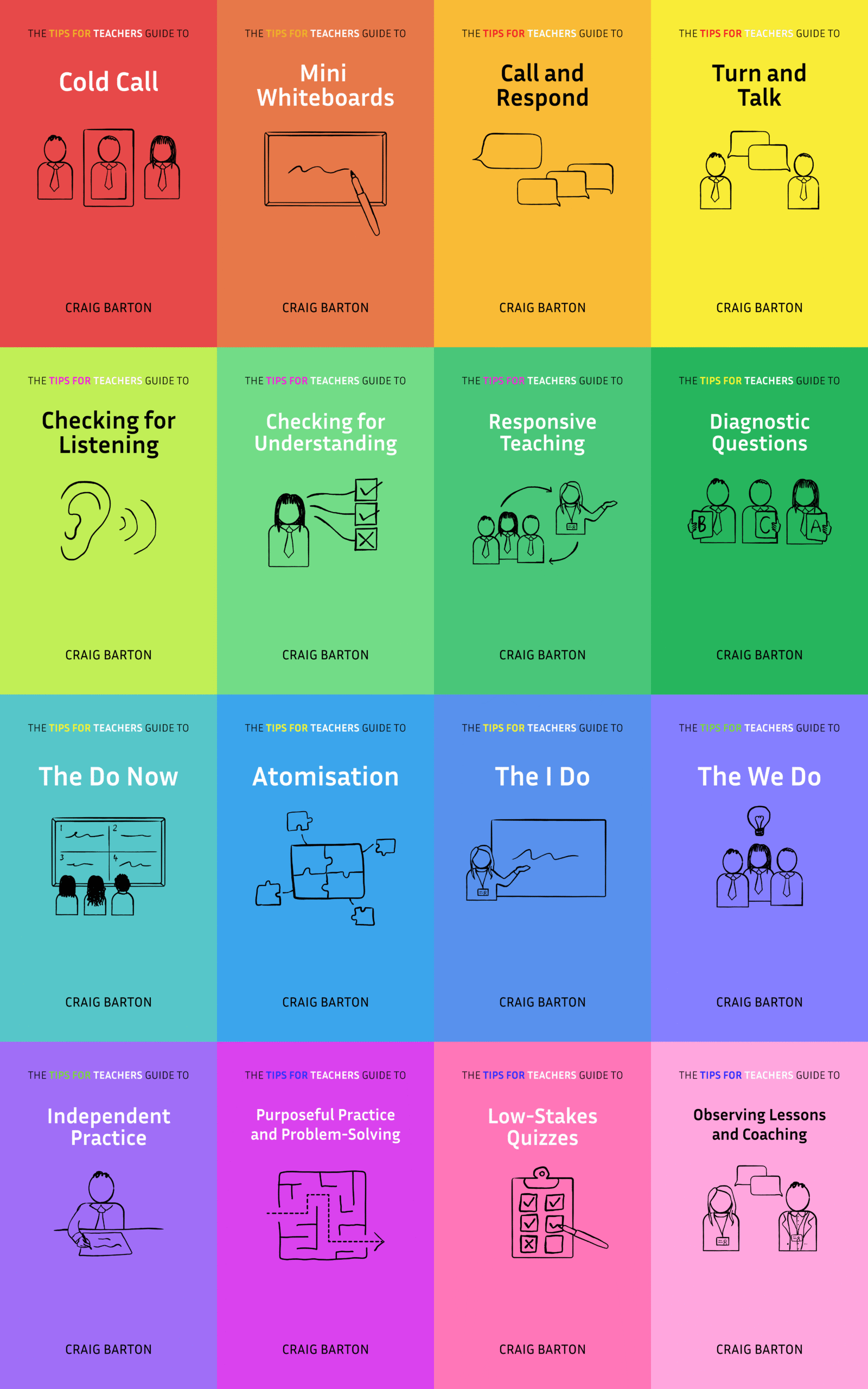
- Title: Learning from errors and failure in educational contexts: New insights and future directions for research and practice
- Authors: Susanne Narciss, Ecenaz Alemdag
- Access the original paper here
- Listen to a deep-dive podcast:
Paper summary
This commentary synthesizes eleven research papers exploring learning from errors and failures in educational settings. The papers investigate contextual factors (e.g., classroom climate), individual factors (e.g., motivation and emotions), error-related learning processes, and instructional strategies (e.g., feedback) that influence learning. The commentary also identifies conceptual challenges, such as distinguishing between errors and failures, and methodological challenges, suggesting future research directions and practical implications for enhancing educational practices to better leverage errors as learning opportunities. Ultimately, the authors offer recommendations for creating a supportive error climate involving teachers, parents, and peers.
What are the key implications for teachers in the classroom?
The sources offer several key implications for teachers to create a positive error climate and use errors as learning opportunities in the classroom. Here are some of the main takeaways:
- Embrace errors as part of the learning process. Teachers should view errors not as failures, but as opportunities for growth. They should avoid penalizing students for making errors and instead provide support and positive reactions to encourage a growth mindset.
- Cultivate a positive error climate. This involves:
- Openly discussing errors without judgment.
- Encouraging students to analyze and learn from their mistakes.
- Providing support and guidance to help students understand the reasons for their errors.
- Modeling positive reactions to errors.
- Use interactive feedback strategies. Instead of just giving the correct answer, engage students in discussions about their errors, prompting them to reflect on the reasons behind them and how to correct them. Adapt feedback to individual student needs.
- Provide specific and actionable prompts. Guide students to reflect on their errors and identify strategies for improvement. Focus on concrete tasks and error-related behavior for greater impact.
- Consider students’ individual factors. Recognize that students respond to errors differently based on their age, grade level, self-worth, and emotion regulation styles. Tailor instructional strategies to address these individual differences.
- Exploit error experiences for learning.
- Use productive failure by presenting challenging problems before providing instruction. This helps students activate prior knowledge and identify knowledge gaps.
- Encourage deliberate errors by asking students to intentionally make and then correct mistakes, even when they know the answer. This can lead to deeper concept learning.
- Facilitate team error analysis by encouraging students to work together to identify, discuss, and correct errors that arise in group work.
- Use erroneous examples, modeling examples, and peer feedback to help students learn vicariously from others’ mistakes.
- Provide instructional tools to support error processing.
- Utilize rubrics to guide students in evaluating their own and their peers’ work, helping them identify and correct errors, especially in complex tasks.
- Integrate metacognitive prompts to encourage students to plan, monitor, and reflect on their learning process, fostering deeper understanding and error correction.
- Explore digital learning environments that provide encouraging feedback and adaptive prompts.
- Engage in dialogues about errors. Facilitate teacher-student dialogues, using tools to identify common errors and encourage discussions about their nature and potential solutions. Implement dialogic peer assessment to encourage students to discuss errors and feedback, leading to greater understanding and improvement.
- Promote training programs for teachers and parents. Enhance teachers’ professional error competence, providing them with knowledge, strategies, and positive beliefs about handling errors in the classroom. Develop programs to equip parents with the knowledge and skills to support their children’s learning from errors in a positive and constructive manner.
By incorporating these insights into their teaching practices, educators can help students develop a healthy relationship with errors, fostering a growth mindset and creating a more effective and supportive learning environment.
Quote
One essential and preliminary condition for learning from errors might be a positive error climate in both formal and informal educational settings








